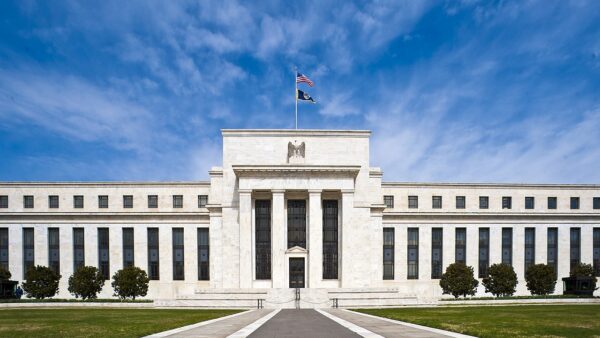A Californian appeal court has ruled that a pay-when-paid clause with an undefined payment date is unenforceable in a contract between a main contractor and subcontractor on a public works project in the state.
The clause violates California public policy and does not provide for payment within a reasonable time, concluded the Fourth District California Court of Appeals in the case of Crosno Construction vs Travelers Casualty.
The court noted that not all pay-when-paid clauses were unenforceable, but the time period for payment had to be specified.
The ruling, which may have a wide-ranging impact on construction contracts in the state, arose from a project to build a plant to remove arsenic from drinking water. Crosno Construction was hired to add a coating to two steel reservoir tanks.
The contract said it would be paid within “a reasonable time … but in no event shall be less than the time contractor and subcontractor require to pursue to conclusion their legal remedies against the owner”.
After Crosno Construction completed its work, it invoiced for $562,435. However, the client for the scheme, the North Edwards Water District, had terminated the general contractor’s contract, prompting a lawsuit.
Crosno Construction then made a claim on the project’s payment bond seeking full payment of amounts invoiced to the general contractor. Travelers Casualty, the insurance company guaranteeing the payment bond, invoked the pay-when-paid clause to reject the claim, stating that Crosno Construction had to wait for a resolution of the lawsuit.
Crosno won its case in a lower court, prompting Travelers Casualty to launch an appeal, in which the appeal court upheld the decision in the trial.
The subcontractor eventually received payment three years after it sent in its invoice.
The appellate court noted that the purpose behind a public works payment bond was to “provide subcontractors … a quick, reliable and sufficient means of payment”, which made an open-ended payment period unreasonable.
Website National Law Review noted that the decision is the first that expressly defined an open-ended pay-when-paid clause to be unreasonable and unenforceable.
Image: The Fourth District courthouse in San Diego (Coolcaesar/CC BY-SA 3.0)
Further reading:






